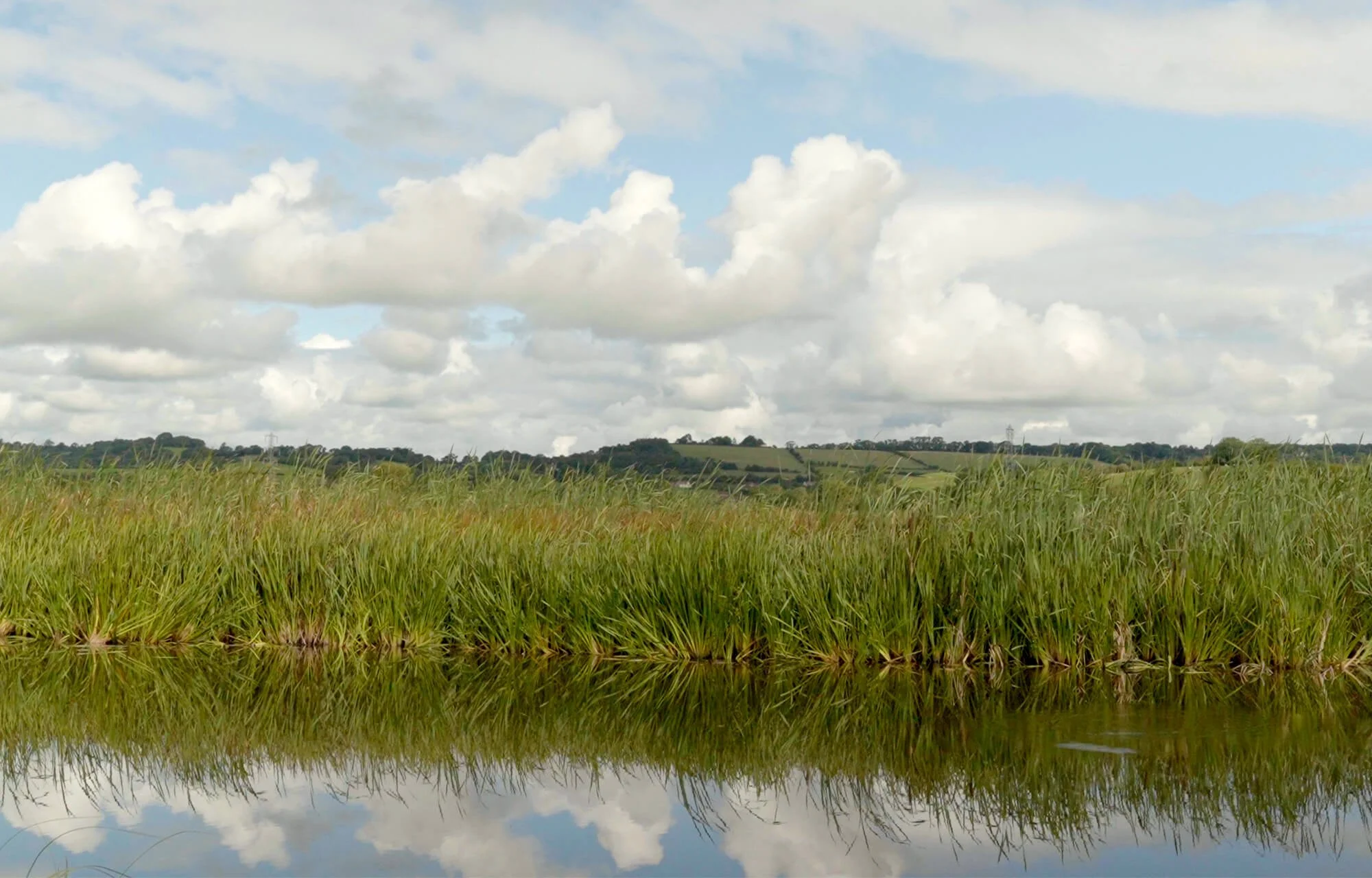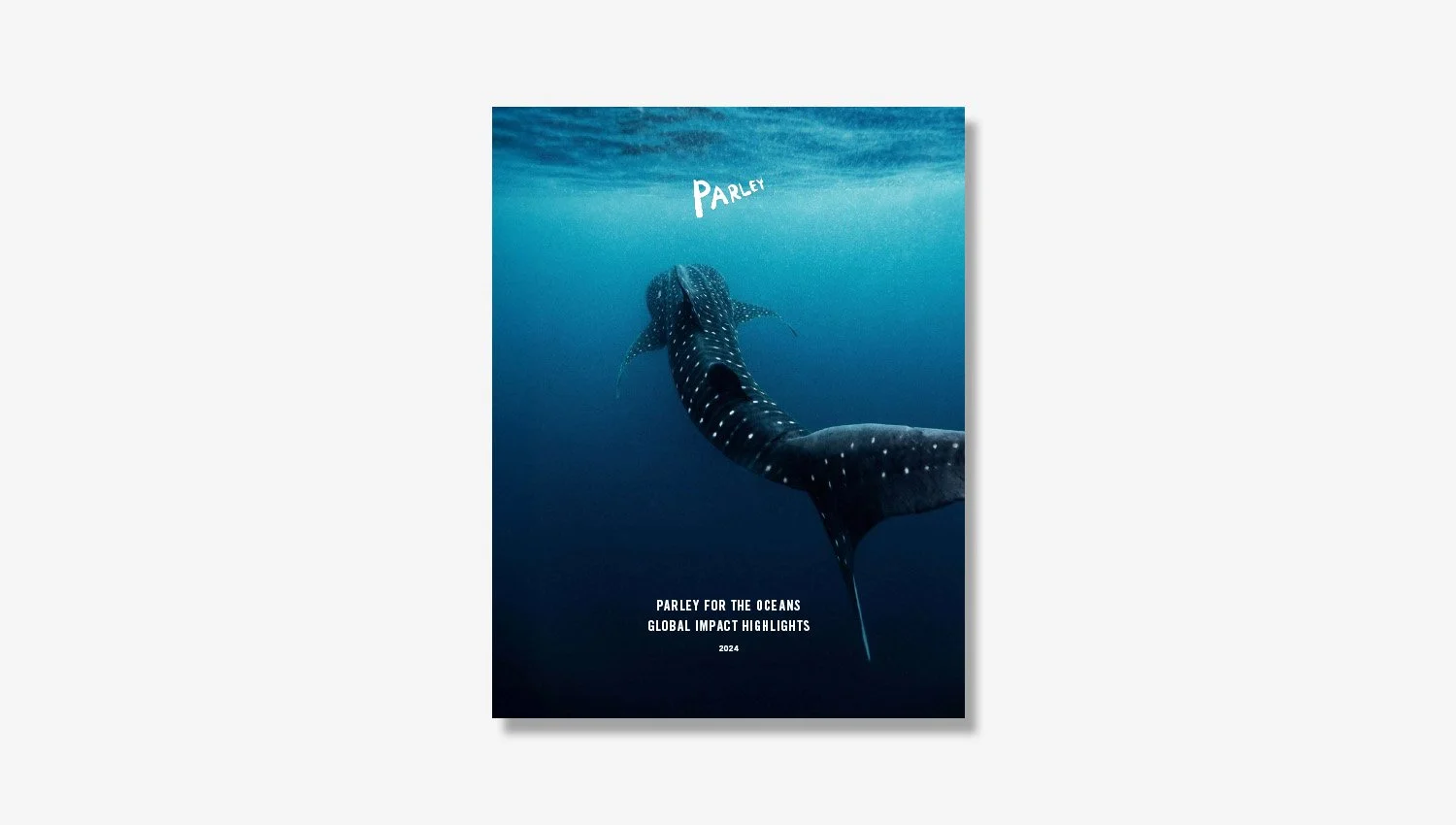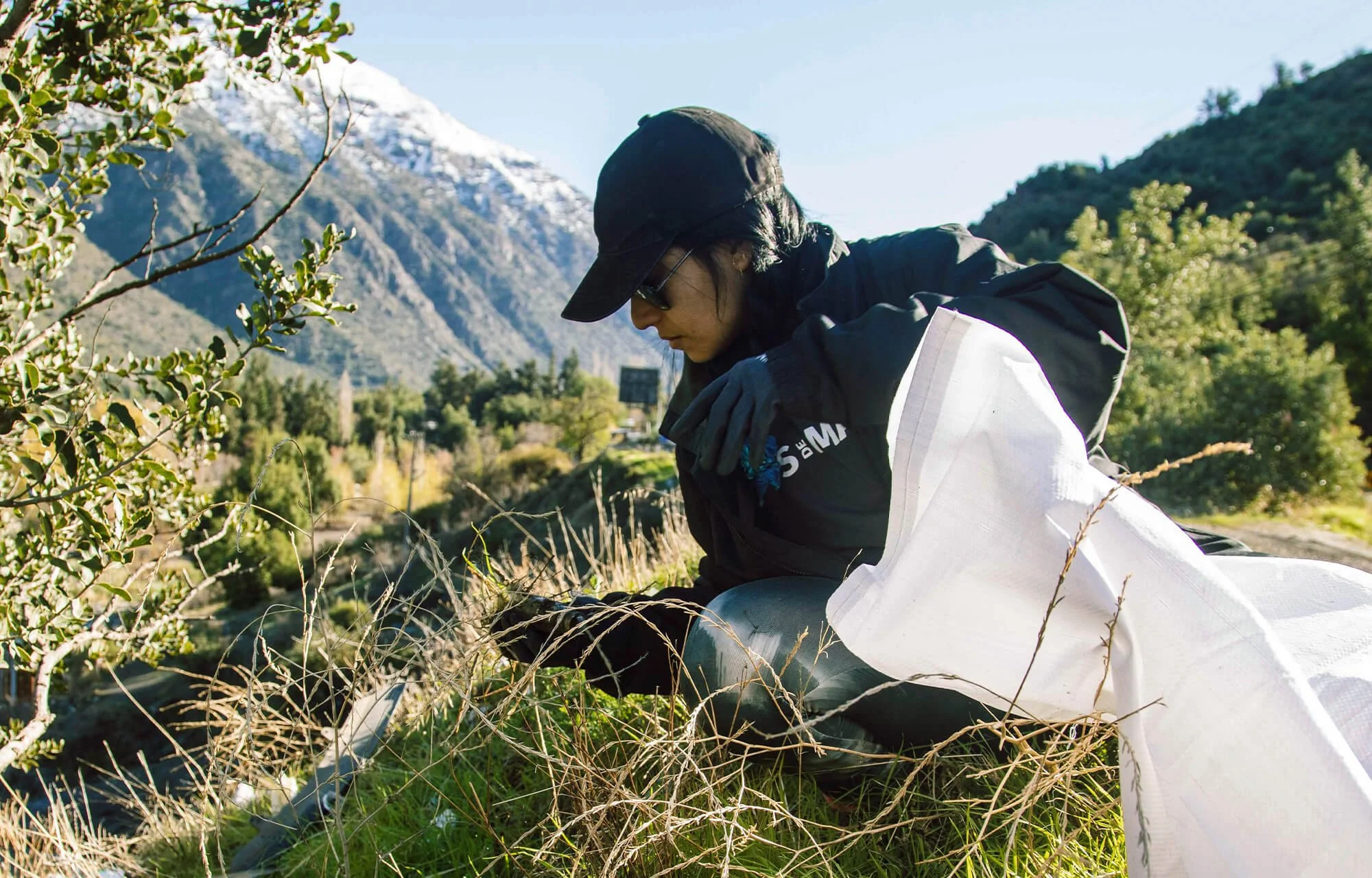The Outlaw Ocean
In a landmark new book, Parley collaborator Ian Urbina explores the vast, untamed reaches of the world’s oceans
There are few remaining frontiers on our planet…
Perhaps the wildest, and least understood, are the world’s oceans: too big to police, and under no clear international authority, these immense regions of treacherous water play host to rampant criminality and exploitation: traffickers and smugglers, pirates and mercenaries, wreck thieves and repo men, vigilante conservationists and elusive poachers, clandestine oil dumpers, shackled slaves and cast-adrift stowaways.
Drawing on five years of perilous and intrepid reporting, often hundreds of miles from shore, journalist and Parley collaborator Ian Urbina introduces us to the inhabitants of this hidden world. All this week, he’ll be sharing stories from The Outlaw Ocean here and on our Instagram. Join us as we explore the vast, untamed blue world beyond our borders.
We first caught up with you when you wrote your original series for the New York Times – how much of that is in the new book?
I'd say 20% of the book derives from the first two years of reporting that occurred in the New York Times, and then 80% of it is reporting that's new that occurred in the last two and a half years.
Can you take us through some of those trips?
One of the more harrowing trips was to Somalia. We went to tell a good news story because there was an unusual collaboration between the Kenyans and the Somalians to capture these kind of scofflaw repeat offender illegal fishing ships that had been raiding Somalian waters.
So my photographer and I went to Somalia, and very quickly... what started out as a good news story turned into a complicated story to a bad news story, which was illustrative nonetheless, but sort of told us a lot about the sort of complicity that Somali officials in Mogadishu play in some of the very problems that plague their waters: illegal fishing, human trafficking, arms trafficking. So we ended up getting stuck and falling out of favor with the local government and having to sort of get evacuated out eventually. That was pretty harrowing.
Is there a connection between piracy and illegal fishing? Like are these big foreign ships driving local people to piracy?
There's a really interesting and intricate connection between piracy and illegal fishing in Somalia. The way to think of piracy's connection to illegal fishing is from two angles.
One angle is the locals somewhat legitimately and somewhat illegitimately claim that the rise of piracy was essentially local tribal leaders that were fed up with foreign vessels raiding their waters and the lack of a state to do anything about it and therefore they took matters into their own hands and somewhat deputized these local armed militias to go out on the water and essentially exert tax on anyone who is going through their waters sometimes in the form of ransoming people.
The other rendition is that piracy very quickly became big business and sort of curdled into something else entirely, which was just straight up hostage-taking for its own sake and for monetary reasons. And the sort of cartels that were expert at that were not really policing or targeting specific vessels more than others; they were targeting any vessels they could successfully attack.
In terms of threats to biodiversity in the oceans, are there any hot spots? Places you investigated?
It's hard to answer. For example, if your concern is seabed mining, you know, this new kind of extraction industry, it’s mostly targeted at rare earth minerals, many of which go into our laptops and iPhones and also solar panels and batteries. So Papua New Guinea, the Pacific Ocean not far from Hawaii, these are places that are forging ahead and offering, giving licenses. Companies are already doing exploratory mining there, and that's a big concern for seafloor biodiversity and just a form of extraction about which we know very little in terms of its impact on the environment down there.
Bottom trawling I would also put high on the list of destructive practices that really have serious consequences on the sea floor – and I would say the Pacific Ocean would be where I'd look for that.
What about plastic pollution?
The plastic threat is ubiquitous. It's everywhere all the time – and it’s growing by the day. Some places that have worse sanitation policies or struggle more with managing their urban policy of putting landfills not so close to the shoreline. So those places have a more acute problem. Indonesia is a perfect example of a place with a serious problem with runoff of plastic waste and waters.
What about other forms of ocean pollution?
There is a chapter on dumping at sea and the history of the kind of core notion and practice of using the seas as a bottomless trashcan. In some ways I think it's sort of the inverse to the way we've treated the skies in that companies have, for decades, been allowed to dumb carbon into the shared space that is the atmosphere with no fee and no cap. Right?
The thought was – "Oh well, dilution is real and it's not a problem and it'll be fine” – and now we realize that's not true. Now the trash can that is the atmosphere is overflowing with carbon and we have big problems. Similarly, I think the ocean is the same thing, but in a different way. We've been dumping all sorts of stuff historically: weapons, nuclear waste, plastic. So I think if you view dumping these two versions of things, dumping carbon into the air or waste into the water, as a crime of sorts that only recently has been defined as such, then it fits perfectly.
Photo by Adam Dean from Ian Urbina's upcoming book, The Outlaw Ocean
We talked last time about overfishing in Palau – how did you explore this in the new book?
Another trip I took, which was really intense, was Indonesia. I wanted to tell the story about how a nation that has a big fleet, so the opposite of Palau, which sort of has one ship. Indonesia has got a huge fleet, it's very aggressive in policing its waters – so what does that look like
Again it turned into this debacle – but a hugely dramatic and illustrative debacle in the sense that they arrested a bunch of illegal Vietnamese boats in their waters, 55 detainees, five boats over the course of a day and you know, had the Indonesian ship packed to the gills with detainees and had a whole line of arrested boats heading back to Indonesia.
All of a sudden a Vietnamese coastguard ship that was about six times our size and very well gunned and armed, its guns were turned on, came after us and rammed one of the boats and sunk it with a fisheries officer on it. They took him hostage, opened their guns on us, our guys open fire, it was extremely dodgy. They were demanding our hostages, which the Indonesians were calling detainees and arrestees, the Indonesians were demanding their guy back that they were calling a hostage.
It turned into this very tense standoff and there was no one who could speak English except for a female translator I had who spoke Indonesian and English and they didn't want a female in a diplomatic standoff. And so they had me doing translation through her, which was very complicated journalistically to be both covering it and also trying to negotiate the release of these guys in the middle of the oceans up against a ship that was ready and heading towards blowing us out of the water. Eventually Jakarta told us to get the hell out of there because two bigger ships were on the way and we were all going to be arrested.
So what meant to be a story about patrolling turned into a story about the murkiness of sea borders. Because all the while the Vietnamese were telling me that we were in their waters and all the while the Indonesians were telling me that we were in theirs, and they both had maps to back it up. And then when I got back and I talked to some third party experts, they said, yeah, but neither of those maps are legit because those two countries haven't agreed and they have different maps. That's so much more common at sea than it is on land.
















